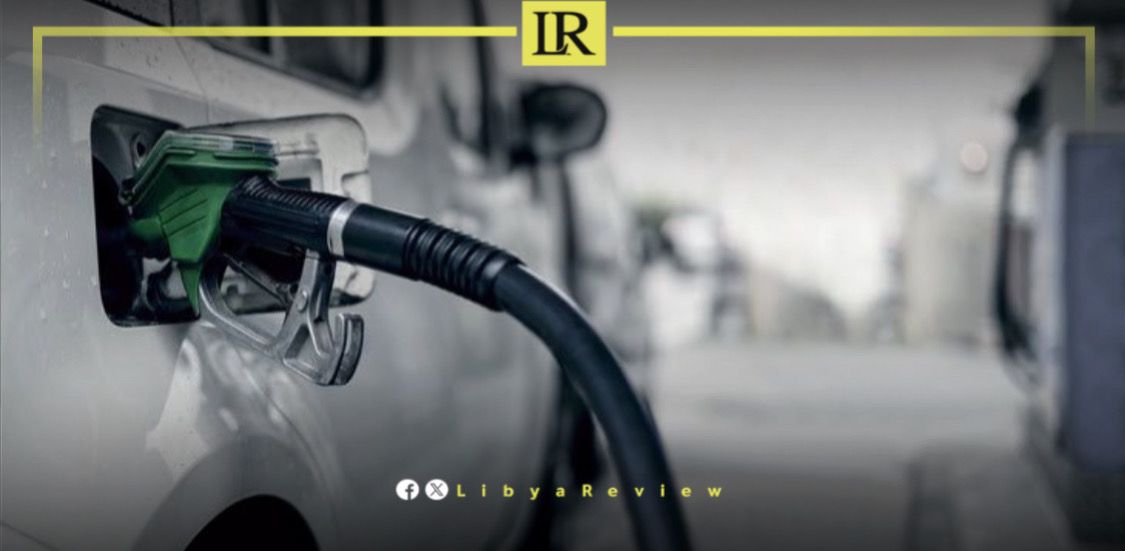Fuel smuggling remains a significant challenge for successive Libyan governments, exacerbating the daily fuel consumption crisis. Despite the country’s significant oil production, it faces severe fuel shortages, particularly in the southern and border regions.
A recent statistical report highlighted a daily increase in Libya’s fuel consumption. According to a report published by Business Insider Africa, Libya ranks sixth in Africa for fuel consumption and 48th globally. The country produces approximately 1.5 million barrels of oil daily but consumes an average of 262,000 barrels of fuel per day.
Egypt leads the African list with 802,000 barrels of fuel consumed daily, followed by South Africa at 660,000 barrels, Algeria at 428,000 barrels, Nigeria at 316,000 barrels, Morocco at 286,000 barrels, and then Libya. Angola, Sudan, Tunisia, and Kenya follow.
The report emphasized the crucial role of oil in shaping Africa’s economy. Some countries consider it a primary economic driver, while others rely on it as a main energy source. Libya, Nigeria, Angola, and Algeria are key players in the oil industry, with revenue from oil exports playing a significant role in their economic development.
Despite being the second cheapest country globally for gasoline prices, Libya faces severe fuel crises in its southern regions, attributed to rampant smuggling, as explained by the Government of National Unity.
The Government of National Unity previously proposed fuel market reforms, including abolishing fuel subsidies to curb smuggling, but this initiative faced widespread opposition. The World Bank reported that Libya loses at least $750 million annually due to illegal fuel smuggling activities.
For the first time in over a decade, Libya’s oil production has reached 1.5 million barrels per day, as announced by interim Prime Minister Abdul Hamid Dbaiba. The aim is to increase this to 2 million barrels.
Fuel smuggling is rampant in Western Libyan cities, with authorities continuously confronting smuggling mafias trading in subsidized and stolen fuel from oil ports. Investigations by the Public Prosecutor have led to the detention of public employees from the “Highway Services Company for Oil Services” for their involvement in smuggling fuel by supplying non-operational distribution points.


